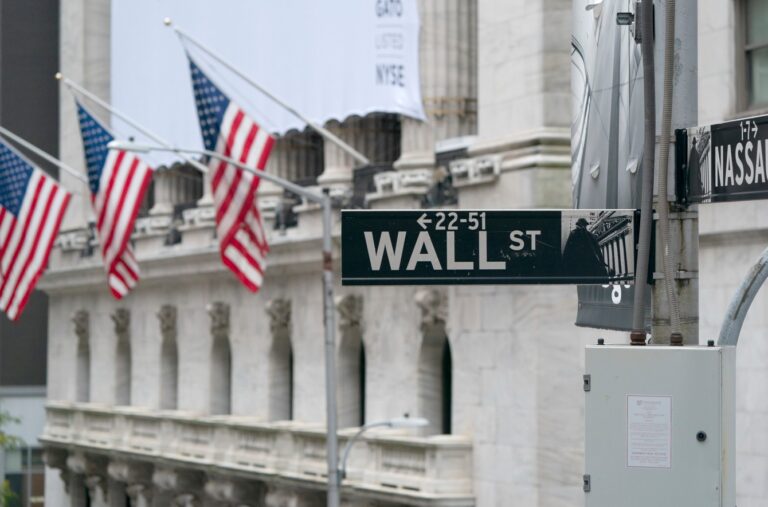Recently, Wall Street has been experiencing a revolution thanks to the increasing use of artificial intelligence (AI) in the financial sector. Banks such as Deutsche Bank, ING, Morgan Stanley and JPMorgan are using AI to analyze customer portfolios, identify potential defaults and experiment with new business models in a controlled environment.
As Bloomberg reports, about 40 percent of open job positions at Wall Street banks are AI-related, including data scientists and machine-learning experts.
JPMorgan is leading this trend, having announced more than 3,600 AI-related job positions between February and April. Conversely, some professionals are more exposed to the risk that artificial intelligence will take over and may replace them performing their jobs.
Table of Contents
The rush to AI in Wall Street
ChatGPT’s release of Open AI in November 2022 has generated broad awareness about artificial intelligence among the top management of banks, increasing the demand for talent in the field. However, the rising price of talent and concerns about AI transparency and efficiency raise some criticisms and call for appropriate regulation.
Despite uncertainties about AI’s future capabilities and regulatory challenges, banks are already leveraging this technology to offer more personalized hedging solutions and improve risk analysis and financial modeling.
Deutsche Bank, for example, uses “deep learning” to analyze customer investments and recommend suitable solutions, combining artificial intelligence and human intelligence.
JPMorgan has also filed a patent application for a ChatGPT-like service that helps investors select specific stocks. Morgan Stanley, on the other hand, is exploring the use of AI-based language models to interpret Federal Reserve communications to detect the direction of monetary policy.
Read also: What traditional banks need to do to survive the Fintech era
Doubts about the reliability and transparency of AI
Despite the enthusiasm for AI, there are concerns about the transparency of the systems and the reliability of the information produced. Some experts are concerned that the indiscriminate adoption of complex AI systems could lead to future risks that are difficult to control.
Banks are investing significant resources in AI development and recruiting experts in the field. Wells Fargo is using advanced language models to improve business processes and facilitate regulatory compliance.
BNP Paribas and Societe Generale are harnessing the power of AI to answer customer questions, prevent fraud, and detect illicit behavior in financial markets.
AI Adoption
ChatGPT’s introduction of Open AI has led to a kind of “AI race.” The goal is to improve the efficiency of daily activities and simplify complex analysis and risk modeling.
In banking, this is particularly attractive as investment decisions are based on big data, despite uncertainties about the future capabilities of artificial intelligence and concerns about regulation.
As we have seen, banks are already using AI to offer customized hedging solutions and analyze customer investments. Some institutions, such as Deutsche Bank, JPMorgan, and Morgan Stanley, are experimenting with the use of advanced language models and machine learning to improve the performance and effectiveness of banking operations.
However, there is some concern about the transparency and effectiveness of these technologies. Many fear the future risks of adopting complex artificial intelligence systems.
However, banks continue to invest in technology to gain competitive advantages by leveraging advanced language models and chatbots to answer customer questions and prevent fraud and money laundering.
According to Goldman Sachs analysts, 300 million full-time jobs could be automated by generative AI in a short time, with significant consequences for the financial industry.
Read also: ChatGPT: the 10 jobs it might replace in the near future












